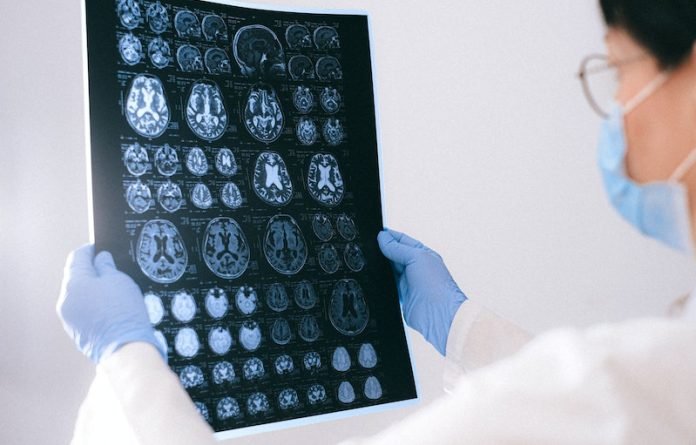
In a study from Karolinska Institute, scientists found people who have non-alcoholic fatty liver disease, a buildup of fat cells in the liver, may have a higher risk of dementia.
They also found that people with this form of liver disease who also have heart disease or who have had a stroke may have an even higher risk of dementia.
Non-alcoholic fatty liver disease affects up to 25% of people worldwide and is the most common chronic form of liver disease. Because there are often no symptoms, many people don’t know they have it.
When people do have symptoms, they can include fatigue and pain or discomfort in the upper right abdomen.
While excessive alcohol use can cause fatty liver disease, non-alcoholic fatty liver disease can be due to obesity and related conditions like high blood pressure or type 2 diabetes.
In a small percentage of people, it can lead to liver inflammation or liver damage.
In the study, researchers looked at 30 years of national Swedish patient registry records and identified 2,898 people aged 65 and older who were diagnosed with non-alcoholic fatty liver disease.
They then identified 28,357 people without the disease who were matched for age, sex and city of residence at age of diagnosis.
After an average of more than five years of follow-up, 145 people with non-alcoholic fatty liver disease, or 5%, were diagnosed with dementia, compared to 1,291 people without liver disease, or 4.6%.
Researchers adjusted for cardiovascular risk factors and found that when compared to people without liver disease, people with non-alcoholic fatty liver disease had a 38% higher rate of dementia overall.
When looking specifically at vascular dementia caused by inadequate blood flow to the brain, researchers found people with non-alcoholic fatty liver disease had a 44% higher rate than people without liver disease.
Researchers did not find a higher rate of Alzheimer’s disease.
The team also found people with liver disease who also had heart disease had a 50% greater risk of dementia. Those who had liver disease and stroke had more than a 2.5 times greater risk of dementia.
The study shows that non-alcoholic fatty liver disease is associated with the development of dementia, which may be driven mainly by vascular damage in the brain.
If you care about liver health, please read studies about a pill that reduces heart disease, obesity, and fatty liver, and findings of a new drug to treat liver disease.
For more information about dementia, please see recent studies about similarities between schizophrenia and dementia, and results showing loss of smell from COVID-19 may increase dementia risk.
The study was conducted by Ying Shang et al and published in Neurology.
Copyright © 2022 Knowridge Science Report. All rights reserved.



